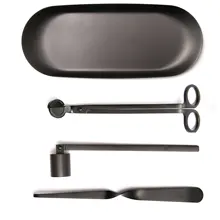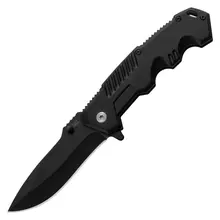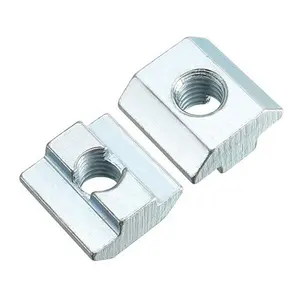Understanding T Nuts: A Comprehensive Guide
T nuts, also known as tee nuts or blind nuts, are a fundamental component in various fastening applications. These nuts are designed with a long, thin body and a flange at one end, resembling the letter 'T'. This unique shape allows them to be inserted into materials, providing a flush surface for other components to attach to. Predominantly crafted from robust metals like steel, t nuts are integral in creating stable, secure joints in a multitude of settings.
Types and Designs of T Nuts
The versatility of t nuts is evident in their array of types and designs. Each variant caters to specific requirements and materials, including wood, metal, and plastic. Common types include the three-pronged t nut, designed for wooden applications, and the barrel t nut, which is often used in metalwork. The diversity extends to various thread sizes and lengths, ensuring compatibility with a wide range of projects and materials.
Applications and Utility
T nuts are employed in numerous applications, from furniture assembly to industrial machinery. Their ability to provide a strong, internal thread to thin or soft materials makes them indispensable in applications where traditional nuts would fail. For instance, in woodworking, t nuts are used to secure legs to tables or arms to chairs, while in metalworking, they provide pivotal anchor points for attaching parts.
Features and Advantages
One of the standout features of t nuts is their installation method, which allows for a clean and flush finish. Unlike regular nuts, t nuts can be inserted from the opposite side of the workpiece, offering a neat aesthetic and additional security. The strength and durability provided by the metal construction of t nuts ensure a reliable fastening solution that can withstand significant stress and vibration without loosening.
Materials and Construction
The primary material used for t nut manufacturing is steel, known for its strength and resistance to wear. However, variations can include stainless steel, brass, and even plastic for specialized applications. The choice of material typically depends on the required strength, corrosion resistance, and the environment in which the t nut will be used.
Choosing the Right T Nut for Your Needs
Selecting the appropriate t nut involves considering the material of the workpiece, the load it will bear, and the environment it will be used in. It is crucial to match the thread size and type to the corresponding bolt or screw to ensure a secure fit. For those seeking a comprehensive selection of t nuts, Alibaba.com offers a platform where a variety of suppliers present their products, allowing buyers to find the ideal match for their specific application needs.










































 浙公网安备 33010002000092号
浙公网安备 33010002000092号 浙B2-20120091-4
浙B2-20120091-4